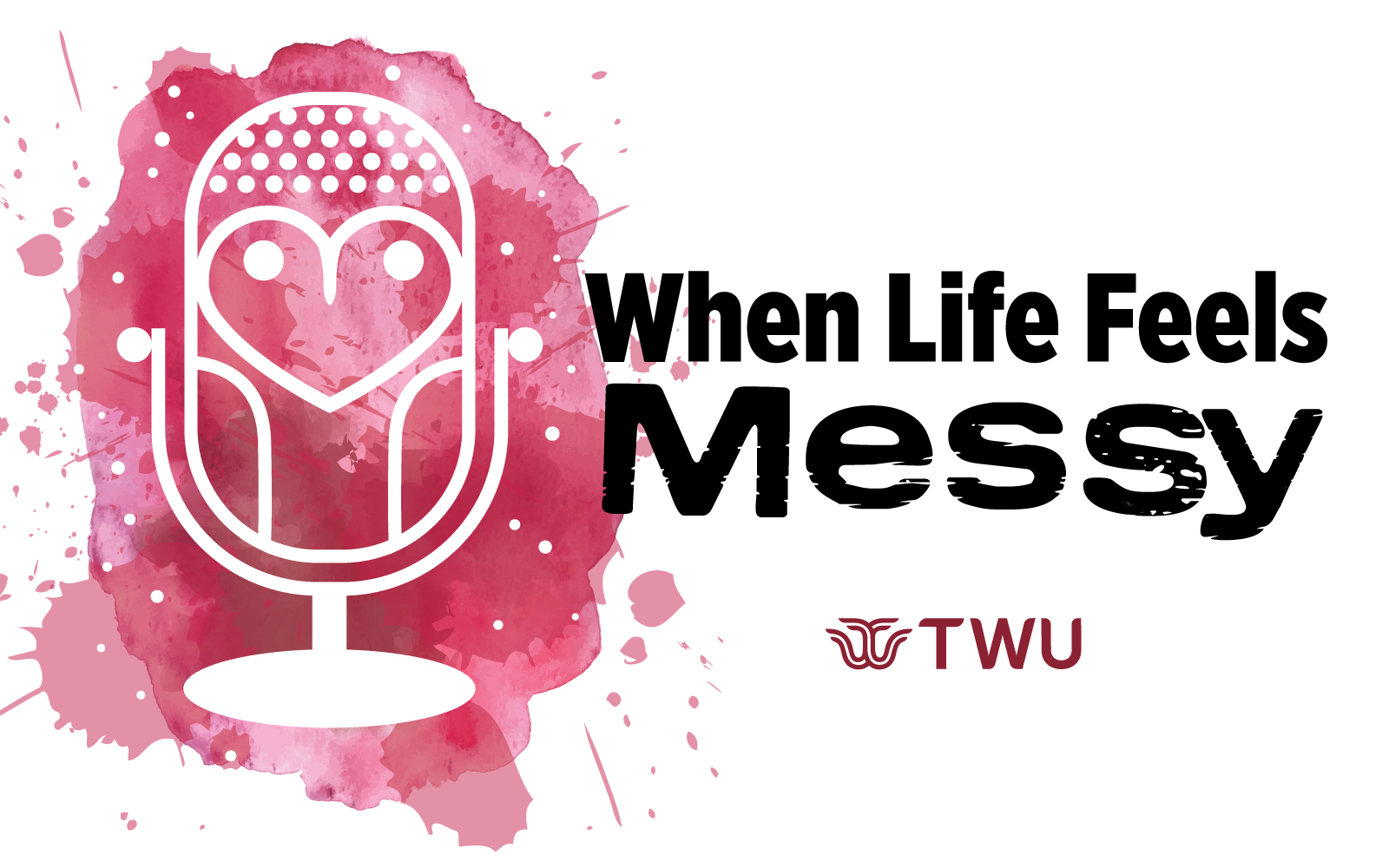Hello fellow Pioneers and thank you for checking out our second blog post of When Life Feels Messy... (WLFM)
As you have noticed from our title, we will be diving into the relationship between traumatic events and mass media. We are highlighting this topic as the month of September brings forth the memories and feelings of life-changing traumatic events like 9/11, and the conversation of suicide as it will also be National Suicide Prevention month. The purpose of this month's WLFM blog is to engage this conversation by learning how traumatic events affect our body, what are some ways to help prepare ourselves for when it feels like mass media is throwing traumatic events in our face, and how to help and care for yourself after consuming so much intense dialogue.
In today's culture and society, our personal and vulnerable experiences can feel enflamed by mass media. Mass media encompasses social outlets like blogs (like this one), magazines, social media (Youtube, Instagram, TikTok, Twitter, Reddit), news channels, podcasts, radio, and television. When these outlets discuss traumatic events and moments, it can impact the consumer in a way that is rarely acknowledged or discussed.
Reading, watching, or hearing about a past traumatic event, could most definitely bring forth distinguished feelings and memories of how you or a loved one was greatly impacted by the event. Recalling or bringing your attention to traumatic events can give rise to a "marked sense of horror [or] helplessness" that was originally felt during that event. If you or someone you know has been impacted by a traumatic event, here are some things to notice and look out for when that memory is triggered through mass media:
Emotional/Psychological Symptoms:
- Shock, denial, or disbelief
- Confusion, difficulty concentrating
- Anger, irritability, mood swings
- Anxiety and fear
- Guilt, shame, self-blame
- Withdrawing from others
- Feeling sad or hopeless
- Feeling disconnected or numb
Physical Symptoms:
- Chronic or severe body aches and pains
- Difficulties concentrating
- Inability to fall or stay asleep
- Frequent nightmares and/ or flashbacks of the event
- Consistently feeling irritable, tired, or angry
- Muscle tension
How can I prepare myself before consuming mass media?
- Set realistic and attainable time-limits and hold yourself accountable to it
- Check-in with yourself as you are scrolling or listening to news/ stories related to potential triggers:
- How am I feeling right now? Do I need a break? Do I feel connected to my physical space around me?
- Reach out to a friend/ loved one before consuming any mass media and share why it might be difficult for you
- Plan something fun and/ or relaxing to engage in after, i.e. a walk outside, a jam session to your favorite playlist, or eating your favorite dish
How can I restore and care for myself after consuming mass media?
- Validate your emotions and acknowledge any physical, mental, emotional effects you might be experiencing
- Self-regulate your nervous system by incorporating mindful breathing, sensory input, and grounding techniques; utilizing TAO Connect is a GREAT resource to help with this!
- Find ways to relax and be kind to yourself
- "Purge" any overwhelming thoughts out; this can be down in various ways, such as, writing poetry or song, painting feelings out, free journaling, etc.
- Spend time surrounded by loved ones and those that make you feel supported, cared about, and provide a safe place
- Spend time moving your body; trauma disrupts your body's natural equilibrium and freezes you in a state of hyperarousal
- Recognize any need for mental health services, including scheduling a session with your current therapist or finding a therapist
- Join a support group
Remember, we can't control how the media will flood digital channels with repeated content and reminders of traumatic events, but what we can control is our time spent watching, reading, and listening to it. Awareness is key, so take some necessary time to plan for how you will take care of yourself before and after consuming traumatic events in mass media.
Also remember that if you find yourself struggling to cope with information/reliving traumatic events, you're not alone and your CAPS team is here to help you process through these hard situations.
Reach out to us via phone: 940-898-3801 to talk with our front desk staff and get scheduled for an intake with one of our CAPS therapists.
TAO Connect Resource: https://twu.edu/health-promotion/tao-connect/
Take Care, Pioneers!
Resources:
https://www.cdc.gov/masstrauma/factsheets/public/coping.pdf
https://www.ptsd.va.gov/understand/types/media_traumatic_event.asp
https://www.samhsa.gov/find-help/disaster-distress-helpline/coping-tips
https://www.helpguide.org/articles/ptsd-trauma/coping-with-emotional-and-psychological-trauma.htm


Comments
Post a Comment